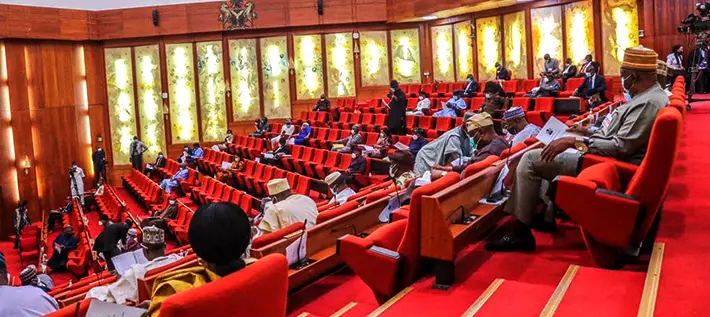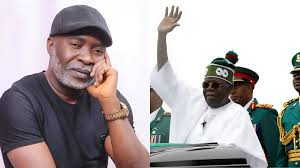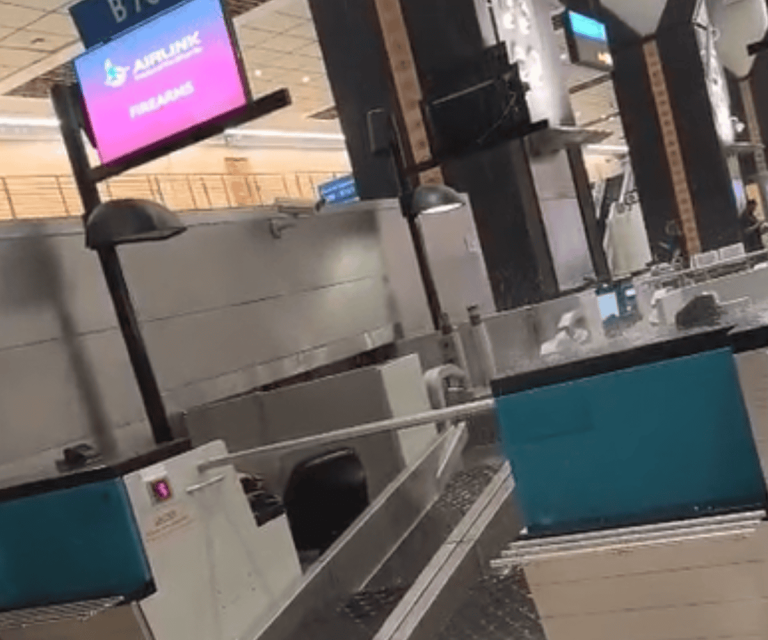
Lawmakers move to uncover how billions in stamp duty revenue have been generated, managed, and disbursed over the years…
The Nigerian Senate has opened a comprehensive investigation into the generation and utilization of stamp duty revenues, marking what lawmakers describe as a critical step toward improving fiscal transparency and addressing potential revenue leakages in the nation’s financial system.
Speaking during a media briefing in Abuja, Senator Aliyu Wadada, Chairman of the Senate Committee on Public Accounts, said the probe will focus on how stamp duty funds have been collected, managed, and disbursed by relevant government agencies and financial institutions.
“We are determined to ensure that resources generated through stamp duties are used transparently and for the benefit of Nigerians,” Wadada said. “Our goal is to identify areas where public funds may be leaking and ensure that these revenues are redirected toward infrastructure and essential services.”
Scope of Investigation and Stakeholder Involvement
According to Senator Wadada, the investigation will cover stamp duty revenues derived from agreements involving government bodies, individuals, and private businesses.
The committee has written to key institutions including commercial banks, the Federal Inland Revenue Service (FIRS), and the Nigerian Governors’ Forum (NGF) requesting detailed reports on all stamp duty collections and remittances to date.
He said the inquiry will also review how the proceeds have been utilized across different tiers of government and financial agencies.
The Senate Committee has set November 25 as the deadline for the submission of all requested financial statements, collection records, and supporting documents from stakeholders.
“The utilization of stamp duty revenue has not been effectively monitored in the past, and we are determined to change that,” Wadada added. “This investigation will give us a clear and comprehensive picture of how much has been generated and how it has been used.”
Next Steps and Broader Policy Implications
The committee noted that findings from the probe will inform future fiscal policy decisions aimed at strengthening Nigeria’s public finance management framework and enhancing accountability in government revenue systems.
Lawmakers emphasized that the move aligns with the Senate’s broader objective to improve transparency, reduce waste, and ensure that all public funds are effectively channeled toward national development priorities.



